Palm oil production is important to the economy of Indonesia as the country is the world's biggest producer and consumer of the commodity, providing about half of the world's supply. In 2016, Indonesia produced over 34.5 million tons of palm oil, and exported nearly 73% of it. Oil palm plantations stretch across 12 million hectares, and is projected to reach 13 million by 2020.
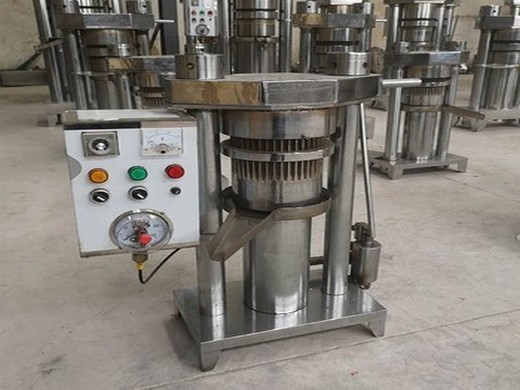
Learn more about the Cameroon economy, including the population of Cameroon, GDP, facts, trade, business, inflation and other data and analysis on its economy from the Index of Economic Freedom ...
Get Price
Small-Scale Palm Oil Processing in West and Central Africa- Development and Challenges.docx ©Journal of Applied Sciences & Environmental Sustainability 2 (5) 102 - 114, 2016 e-ISSN 2360-8013
Get Price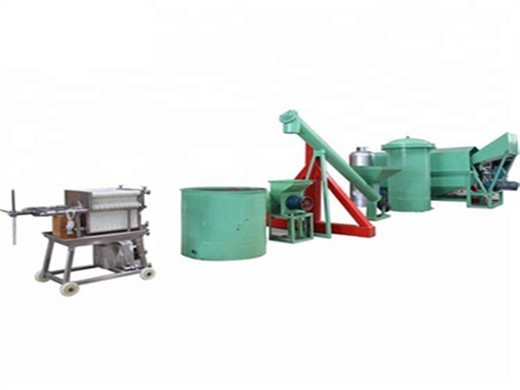
Palm oil is the most widely traded vegetable oil globally, with demand projected to increase substantially in the future. Almost all oil palm grows in areas that were once tropical moist forests, some of them quite recently. The conversion to date, and future expansion, threatens biodiversity and increases greenhouse gas emissions. Today, consumer pressure is pushing companies toward ...
Get Price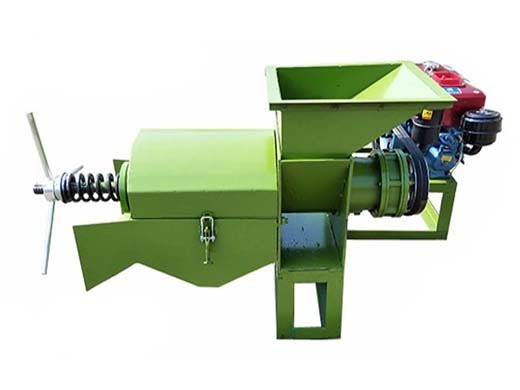
In Malinau, there have also been major proposals for oil palm where land is regarded as not suitable for oil palm, being remote, very steep, and with infertile soils (Basuki and Sheil 2005, Lynam et al. 2006), leading to the belief that the proposed development of oil palm is a guise for timber harvesting. Neighboring districts closer to the sea with extended lowlands would be more cost ...
Get Price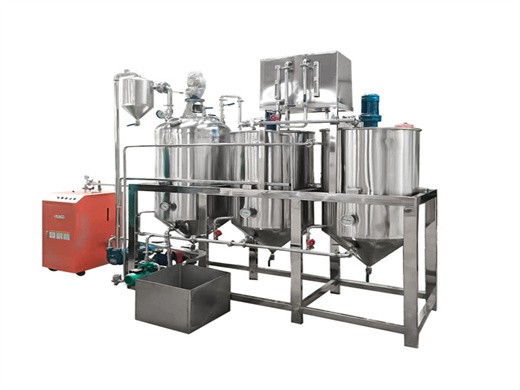
We are alarmed by the negative impacts of irresponsible palm oil production on climate change, land use, soil fertility, biodiversity, forest degradation and the human rights of indigenous peoples, local communities and small farmers, including their customary systems of tenure and resource management, putting at risk the livelihood of populations ...
Get Price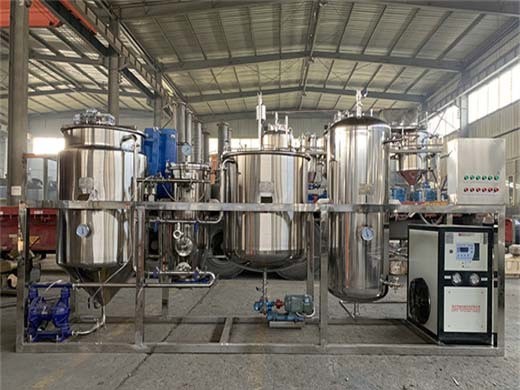
Ecofys-IIASA-E4tech - The LUC impact of biofuels consumed in the EU 14 The model captures the increased price of fossil fuel since 2000 with a four-fold increase in the price of crude oil from USD 25-30 per barrel in 2000 to USD 109 in 2012. This shock is implemented in the
Get Price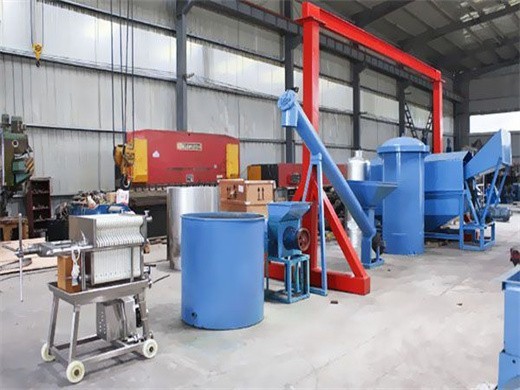
A systematic and theoretically informed analysis of how extractive industries affect health outcomes and health inequities is overdue. Informed by the work of Saskia Sassen on “logics of extraction,” we adopt an expansive definition of extractive industries to include (for example) large-scale foreign acquisitions of agricultural land for export production.
Get Price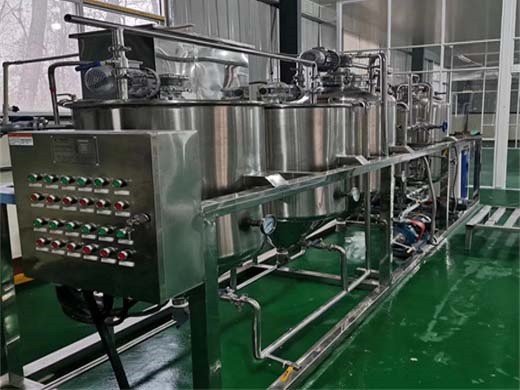
My approach in terms of the ‘environmentalism of the poor’ converges with Environmental Justice approaches. The globalising scale of the contemporary capitalist world economy means we are seeing more instances of resource extraction conflicts in poor or indigenous communities brought into the front line of contests about the values of environmental resources and services. Focusing on case ...
Get Price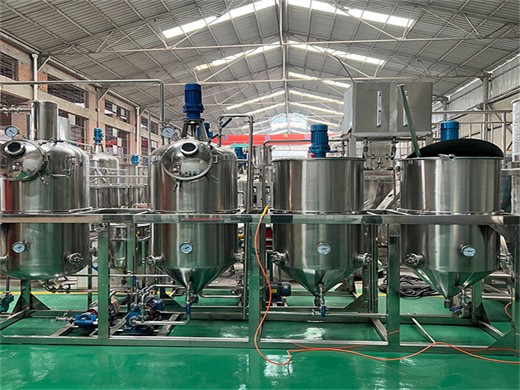
The production of palm oil biodiesel does not pose a threat to edible palm oil supplies. According to a 2009 study published in the Environmental Science and Policy journal, palm oil biodiesel might increase the demand for palm oil in the future, resulting in the expansion of palm oil production, and therefore an increased supply of food.
Get Price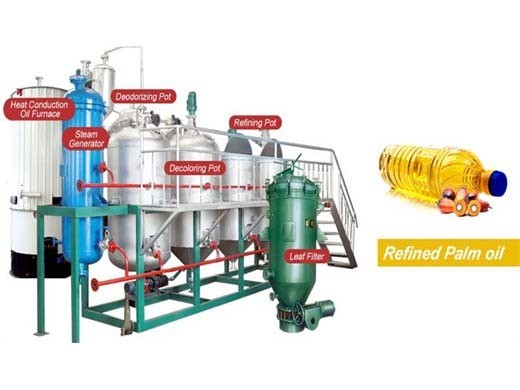
Palm oil can be produced more sustainably and things can change. The Roundtable of Sustainable Palm Oil or RSPO was formed in 2004 in response to increasing concerns about the impacts palm oil was having on the environment and on society. The RSPO has a production standard that sets best practices producing and sourcing palm oil
Get Price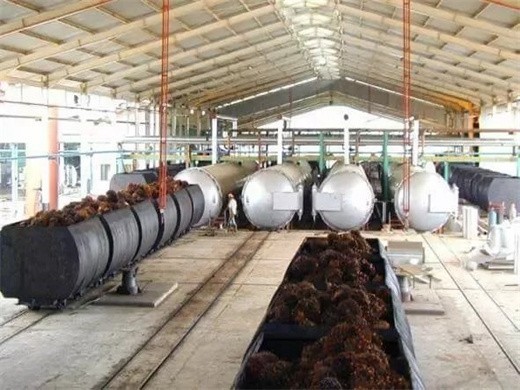
The political ecology of Prunus africana in exploitation and conservation of Prunus africana in Cameroon. It argues that political ecology is still a all the oil-producing palms,
Get Price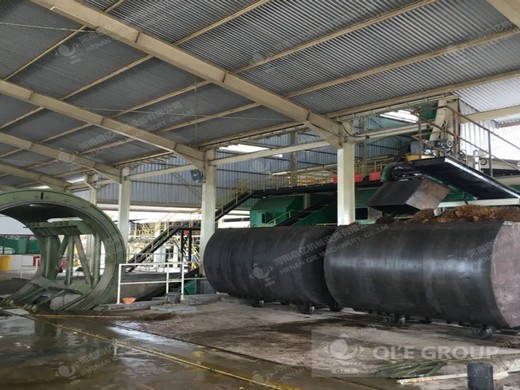
Palm oil production is important to the economy of Indonesia as the country is the world's biggest producer and consumer of the commodity, providing about half of the world's supply. In 2016, Indonesia produced over 34.5 million tons of palm oil, and exported nearly 73% of it. Oil palm
Get Price
Oil palm production has been carried out at the commercial scale in sub-Saharan Africa since the early 1900s. Recent expansion in several high forest countries in the region has led to a concern that deforestation rates could increase, similar to trends of rapid
Get Price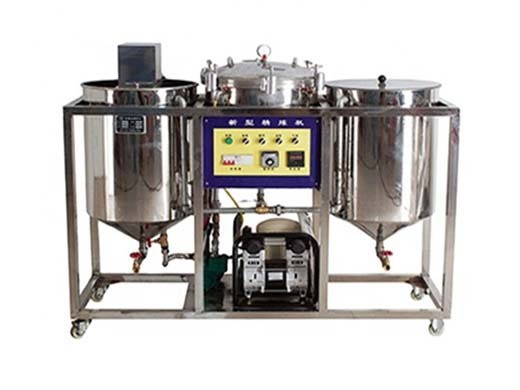
10-1-2010· Oil-palm agriculture is the greatest immediate threat to biodiversity in Southeast Asia. Despite the efforts of environmentalists, oil palm continues to expand across the tropics. Those concerned about the impacts of oil palm on biodiversity must face some harsh social, economic, and ecological realities: (i) oil palm has been a very profitable crop; (ii) palm oil is used in so many
Get Price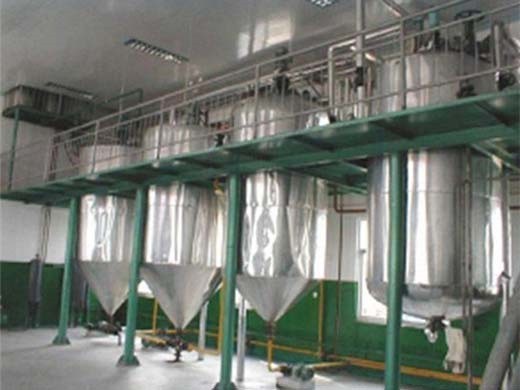
Together with the Regional Palm Oil Coordinator, and in consultation with the Food Practice Team, facilitate collaboration and coordination of companies, the Government of Cameroon, investors, NGOs and other stakeholders, including organizations of RSPO road shows, to increase adoption of the RPSO requirements in the country;
Get Price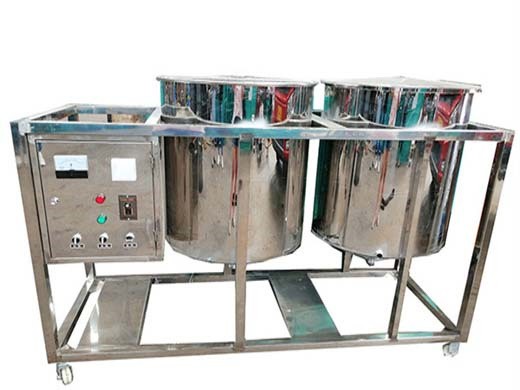
Biofuels derived from palm oil and other biomass from plantations can be used as alternatives to fossil fuels such as diesel. As a substitute for diesel, palm oil is less suitable than other vegetable oils owing to its high viscosity, lower energy density and high flash point .However, oil palm gives high yields at low prices, and hence is likely to be important in meeting biofuel demand 5, 67.
Get Price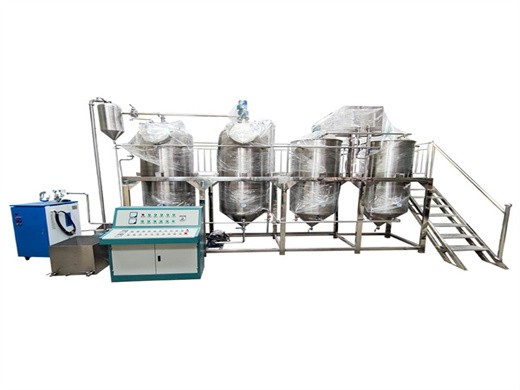
We are alarmed by the negative impacts of irresponsible palm oil production on climate change, land use, soil fertility, biodiversity, forest degradation and the human rights of indigenous peoples, local communities and small farmers, including their customary systems of tenure and resource management, putting at risk the livelihood of populations
Get Price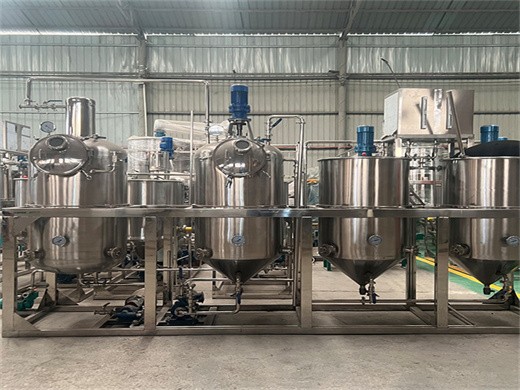
LCA has been applied to assess the environmental impact of production of oil palm seedlings, oil palm fresh fruit bunches, crude palm oil, crude palm kernel oil and refined palm oil. The assessment on downstream industries such as bio-diesel, was also conducted. Carbon credit programs
Get Price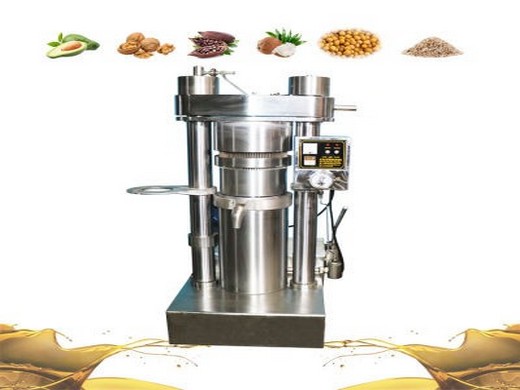
The huge increase in oil and other fuel prices over the last few years and a concern that we have reached The Political Economy and Ecology of Biofuels. by Fred Magdoff but also including such crops as oil palm—to produce fuels is a major contributing factor to the current world food crisis.7 The rising prices for all basic foods has,
Get Price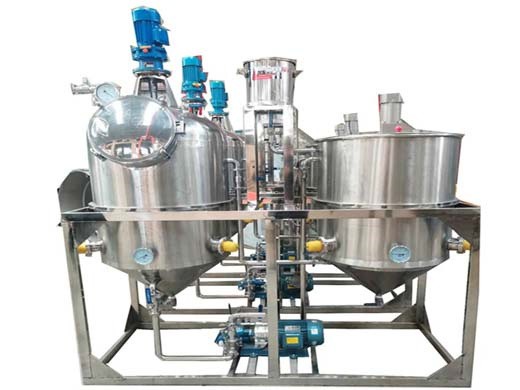
Oil palm (Elaeis guineensis Jacq.) plantations have increased in area from 3.2 million ha in 1970 to 21 million ha in 2017 1.Most of the land for these plantations has come from the clearance of
Get Price
Deforestation and the social impacts of soy for biodiesel: perspectives of farmers in the south Brazilian Amazon. Ecology and Society 16 palm-oil) is sold primarily in the national market rather than exported, and this is J. C., M. Koeppe, B. Coles, and K. P. Price. 2005. Soybean production and conversion of tropical forest in the
Get Price
ECOLOGY OF NATIVE OIL-PRODUCING PALMS AND THEIR POTENTIAL FOR BIOFUEL PRODUCTION IN SOUTHWESTERN AMAZONIA In the midst of a worldwide explosion of interest in biofuels, concern has arisen over displaced food crops, greenhouse gas
Get Price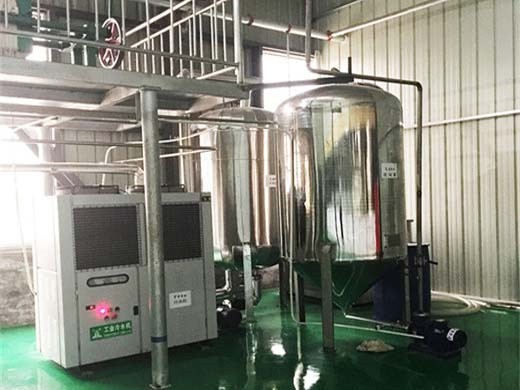
The large majority of palm oil production occurs in just two countries, Malaysia and Indonesia, where huge swaths of tropical forests and peatlands (carbon-rich swamps) are being cleared to make way for oil palm plantations, releasing carbon into the atmosphere to drive global warming while shrinking habitats for a multitude of endangered species.
Get Price
Cameroon is one of the few tropical countries to have competed in the Winter Olympics. Sport in Cameroon is dominated by football. Amateur football clubs abound, organised along ethnic lines or under corporate sponsors. The national team has been one of the most successful in Africa since its strong showing in the 1982 and 1990 FIFA World Cups.
Get Price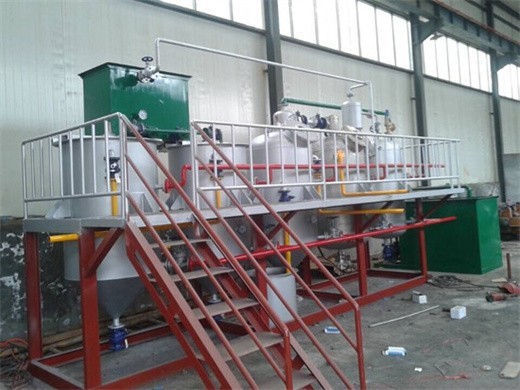
Cameroon is one of the few tropical countries to have competed in the Winter Olympics. Sport in Cameroon is dominated by football. Amateur football clubs abound, organised along ethnic lines or
Get Price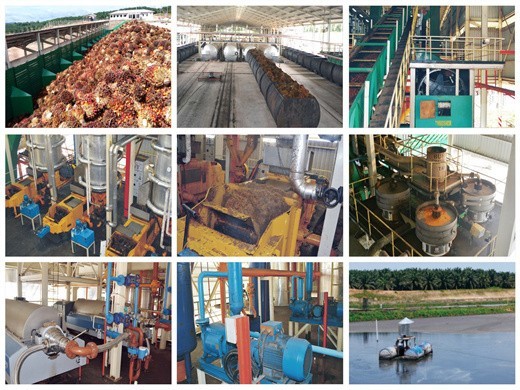
Palm oil is the most widely used vegetable oil in the world, having even surpassed soya in terms of usage. Surging global demand for palm oil has fueled massive forest destruction throughout Indonesia and Malaysia, countries that together account for 85% of the world’s palm oil production. Palm oil
Get Price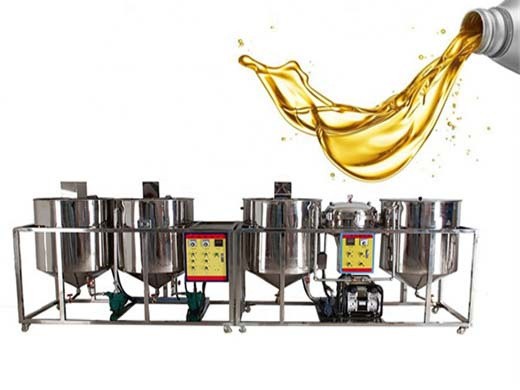
27-2-2020· The potential of palm-oil biofuels to reduce greenhouse gas (GHG) emissions compared with fossil fuels is increasingly questioned. So far, no measurement-based GHG budgets were
Get Price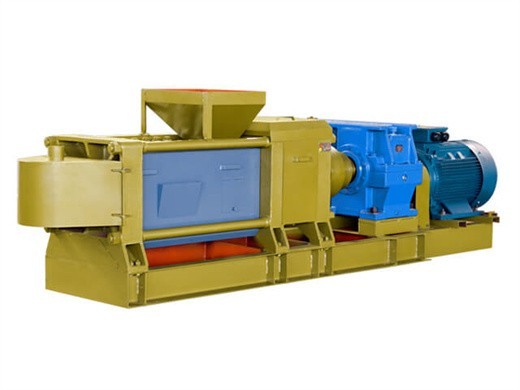
Cameroon’s minerals are not well mined. Oil production has fallen in the last 25 years. Oil is still such a large part of the economy that changes in prices produce major national effects. There is the potential
Get Price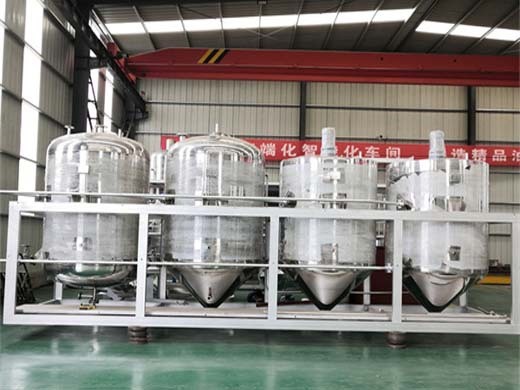
Introduction. Over the past two decades palm oil has become the world's leading produced and consumed vegetable oil ().Its wide-ranging use in food, cosmetics, detergents, and biofuel, combined with a competitive market price, make palm oil and its co-product, palm kernel oil
Get Price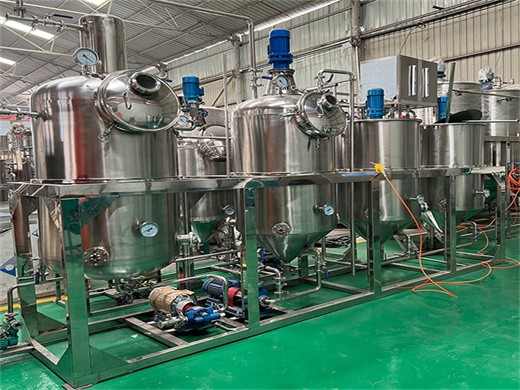
Worldwide crude oil prices will average $43.30 a barrel for 2020 and $55.36/b in 2021. That's according to the Short-term Energy Outlook by the U.S. Energy Information Administration. The price
Get Price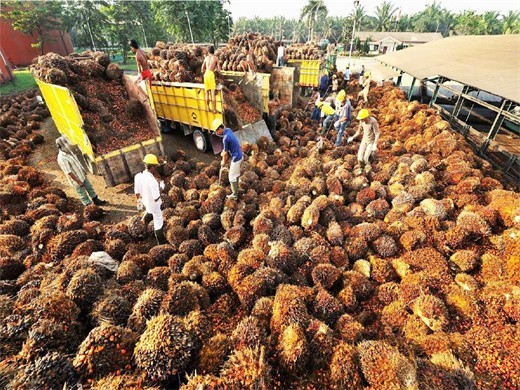
In 2016, the Indonesian Palm Oil Pledge (IPOP), a pact between six of the world’s biggest palm oil refiners to purge their supply chains of environmental destruction and human rights abuses, was
Get Price
13. Recalls that palm oil accounts for about 40 % of global trade in all vegetable oils and that the EU, with around 7 million tonnes per year, is the second largest global importer; 14. Is alarmed by the fact that around half of the area of illegally cleared forests is used for palm oil production
Get Price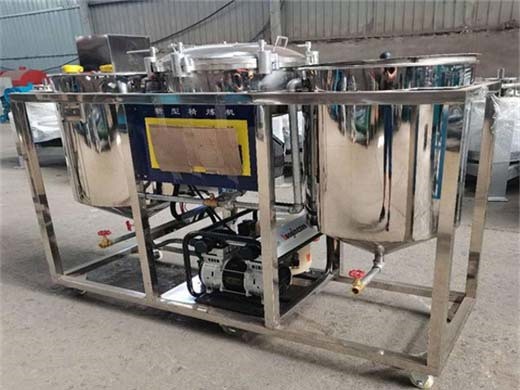
Cameroon is a state in Central Africa. It is bordered on the northwest by Nigeria, on the north and northeast by Chad, on the east by the Central African Republic, and on the south by the People’s
Get Price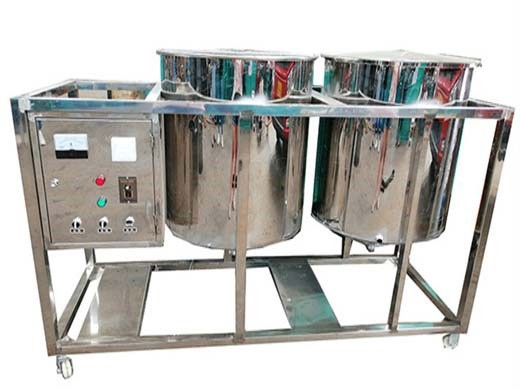
Political Context. Cameroon’s ruling party, the Cameroon People’s Democratic Movement (CPDM), has long dominated the country’s political landscape, occupying 148 of 180 seats in the National
Get Price